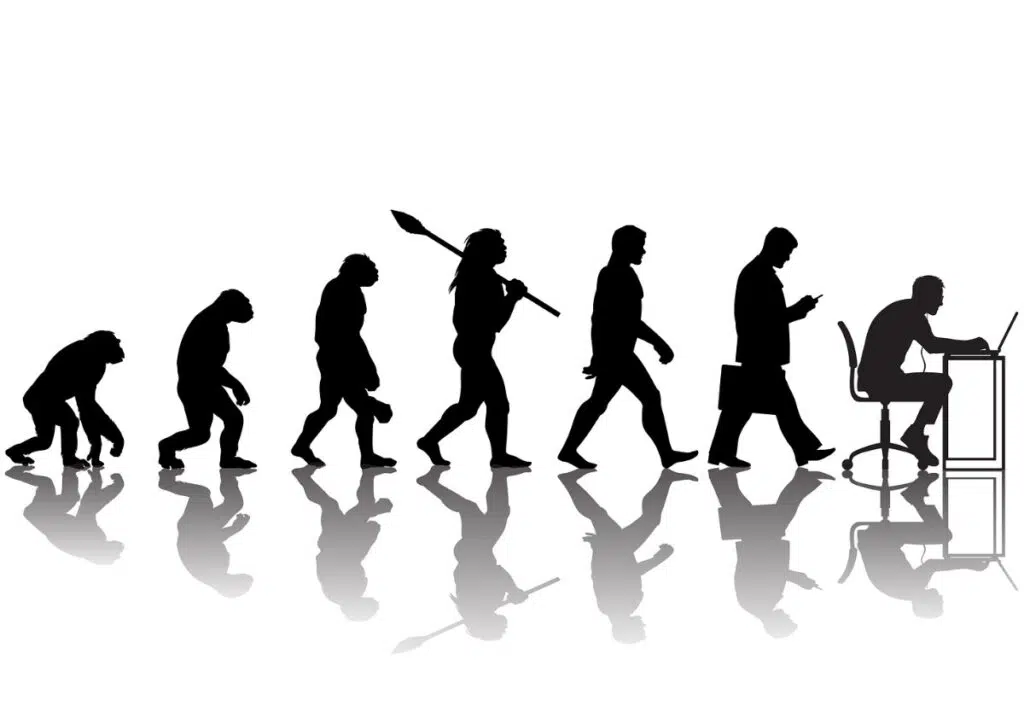High Reads: A Short History of Nearly Everything
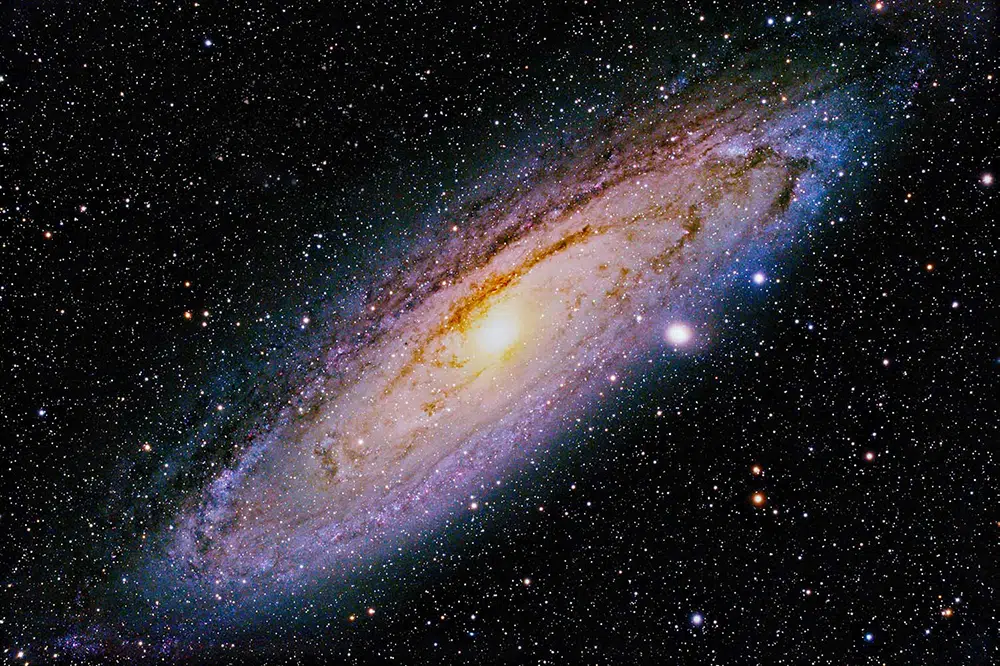
As pleasurable as it is to watch movies like Pineapple Express for a good laugh, especially when you’re stoned, the world we think we know is as mysterious as it is fascinating. Many of us grimace at the idea of picking up a good book to read high. You’re bound to forget everything by morning or fall asleep a page in, so why bother?
Why read a Short History of Nearly Everything?
Whether you decide to blaze beforehand or not is up to you but we highly recommend reading a Short History of Nearly Everything by Bill Bryson. Although written back in 2003 this book covers the history (that we know) of the origins of the earth, universe and scientific thought.
If you like smoking a euphoric, uplifting strain like Jack Herer you’ve probably felt inspired, boundless creativity that gives you a deeper curiosity and appreciation for everything around you that makes you wonder why you’re here. The greatest minds also grappled with this question in their search for knowledge to better understand the cosmos. We’ve included the craziest quotes and insights from Byron’s engrossing science book that will surely blow your mind about your existence and life itself.
TV static is a remnant from the Big Bang
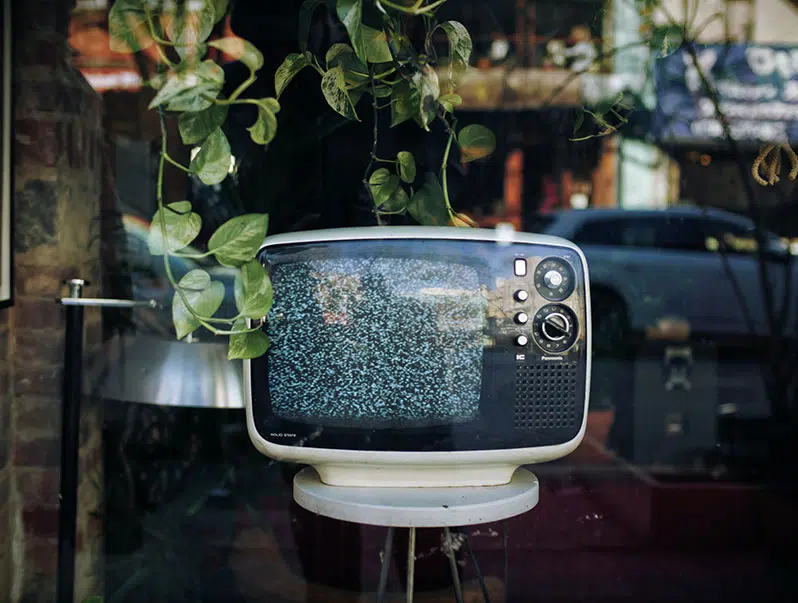
“Tune your television to any channel it doesn’t receive and about 1 percent of the dancing static you see is accounted for by this ancient remnant of the Big Bang. The next time you complain that there is nothing on, remember that you can always watch the birth of the universe.”
We are atomic dust

“It is a slightly arresting notion that if you were to pick yourself apart with tweezers, one atom at a time, you would produce a mound of fine atomic dust, none of which had ever been alive but all of which had once been you.”
We have 30 hydrogen bombs of energy locked inside us
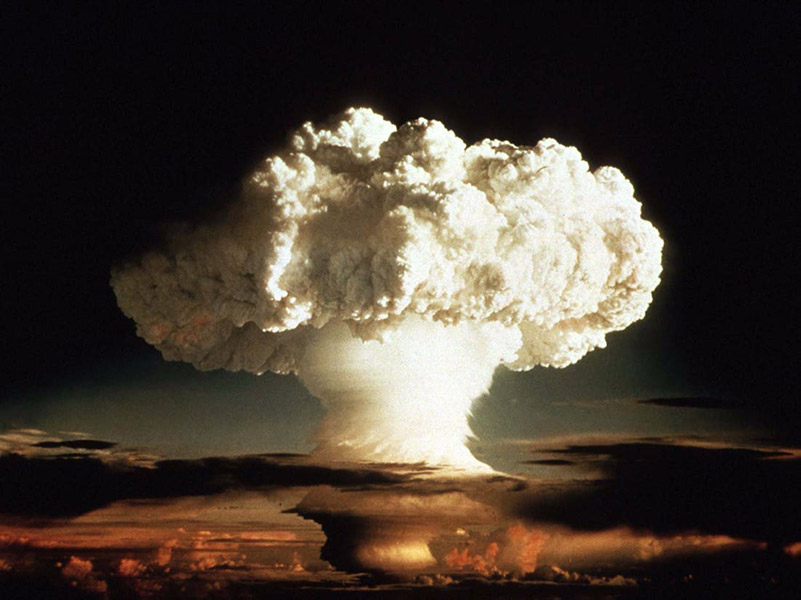
“You may not feel outstandingly robust, but if you are an average-sized adult you will contain within your modest frame no less than 7 X 10^18 joules of potential energy—enough to explode with the force of thirty very large hydrogen bombs, assuming you knew how to liberate it and really wished to make a point.”
Humans think we are the center of the universe but we aren’t even at the center of Earth’s history
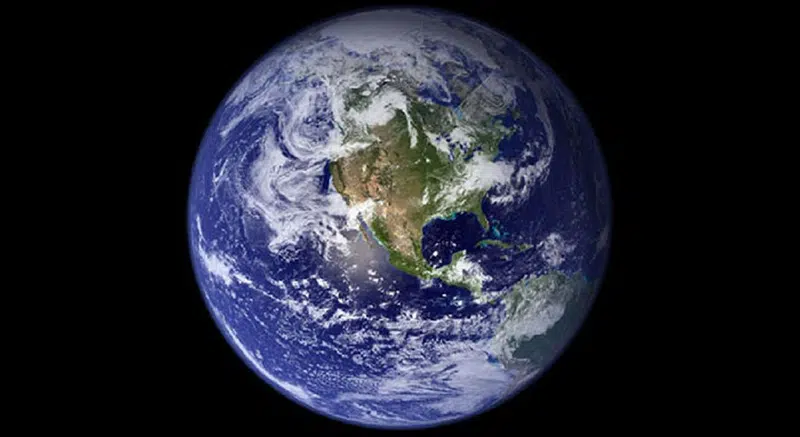
“If you imagine the 4,500-billion-odd years of Earth’s history compressed into a normal earthly day, then life begins very early, about 4 A.M., with the rise of the first simple, single-celled organisms…Humans emerge one minute and seventeen seconds before midnight.”
Aliens would see Thomas Jefferson and the French Revolution today

“We may be only one of millions of advanced civilizations. Unfortunately, space being spacious, the average distance between any two of these civilizations is reckoned to be at least two hundred light-years, which is a great deal more than merely saying it makes it sound. It means for a start that even if these beings know we are here and are somehow able to see us in their telescopes, they’re watching light that left Earth two hundred years ago.”
We are currently in an ice age
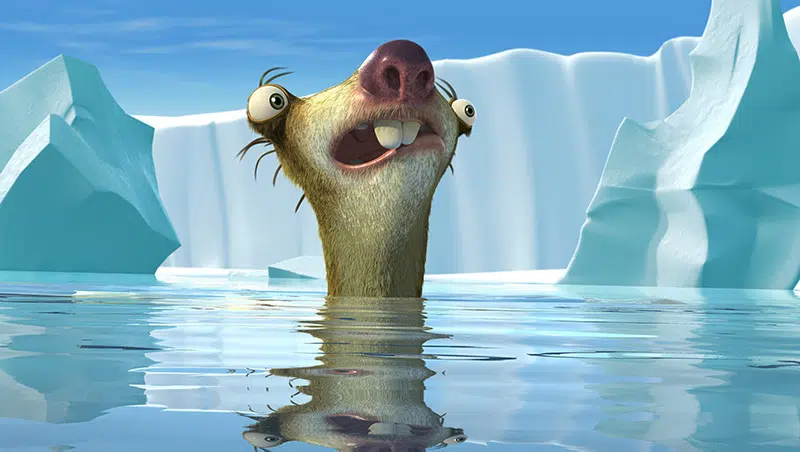
“For most of its history until fairly recent times the general pattern for Earth was to be hot with no permanent ice anywhere. The current ice age—ice epoch really—started about forty million years ago, and has ranged from murderously bad to not bad at all.”
We wrongly think we’re invincible

“99.99 percent of all species that have ever lived are no longer with us.” The most dramatic extinction was the Permian extinction which killed off at least 95% of all species but the cause is unknown. The meteorite that wiped out the dinosaurs was 100 million megatons, the equivalant to a Hiroshima-sized bomb for every human alive.
We are very lucky to be alive
“Not one of your pertinent ancestors was squashed, devoured, drowned, starved, stranded, stuck fast, untimely wounded, or otherwise deflected from its life’s quest of delivering a tiny charge of genetic material to the right partner at the right moment in order to perpetuate the only possible sequence of hereditary combinations that could result — eventually, astoundingly, and all too briefly — in you.”
The human body is crazy
There are 20 million kilometers of coiled DNA in a human body.
You would instantly vanish if in a meteor’s path
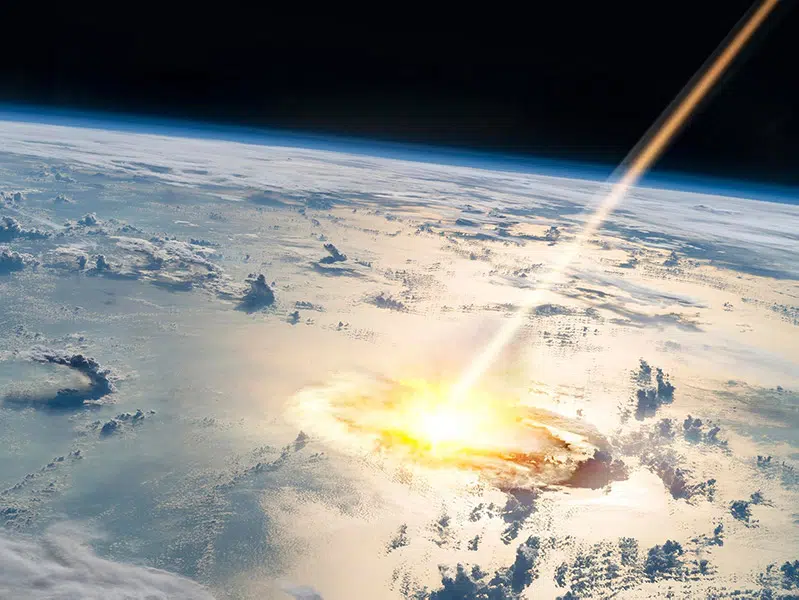
“An asteroid or comet traveling at cosmic velocities would enter the Earth’s atmosphere at such a speed that the air beneath it couldn’t get out of the way and would be compressed, as in a bicycle pump. As anyone who has used such a pump knows, compressed air grows swiftly hot, and the temperature below it would rise to some 60,000 Kelvin, or ten times the surface temperature of the Sun.”
Most discoveries took decades even centuries to be recognized
“There are three stages in scientific discovery. First, people deny that it is true, then they deny that it is important; finally they credit the wrong person.”
Even Einstein was ignored
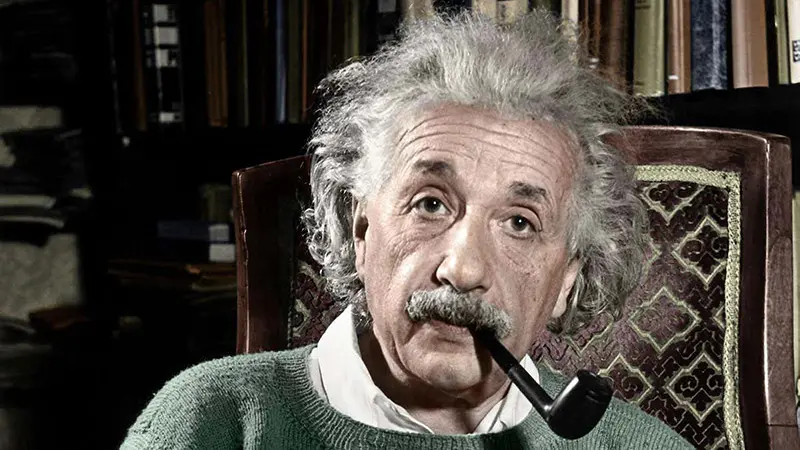
Albert Einstein’s papers on E=mc2 which got him so much acclaim, didn’t land him a job as a university lecturer or even a high school teacher.
We don’t know anything
“The upshot of all this is that we live in a universe whose age we can’t quite compute, surrounded by stars whose distances we don’t altogether know, filled with matter we can’t identify, operating in conformance with physical laws whose properties we don’t truly understand.”
Don’t get too hung up on finding meaning when life just is

“It is easy to overlook this thought that life just is. As humans we are inclined to feel that life must have a point. We have plans and aspirations and desires. We want to take constant advantage of the intoxicating existence we’ve been endowed with. But what’s life to a lichen? Yet its impulse to exist, to be , is every bit as strong as ours-arguably even stronger. If I were told that I had to spend decades being a furry growth on a rock in the woods, I believe I would lose the will to go on. Lichens don’t. Like virtually all living things, they will suffer any hardship, endure any insult, for a moment’s addition to existence. Life, in short, just wants to be.”
Live like there’s no tomorrow

It’s very clear that we don’t know anything about anything. The little we do know was achieved by some of the greatest minds in human history and even thinkers as great as Einstein were initially ignored. What we do know is that life is very short, that we often spend too much time judging ourselves and others, too much time on social media and not enough time just being.
We’ve been extremely lucky to have even made it to this point and should enjoy life to the fullest without worrying about the past or future too much. Modern society can make us crazy but knowing how lucky we are and how little most things matter in the larger scheme of things puts life into a different, perhaps more encouraging perspective. To close: “Behaviorally modern human beings– that is, people who can speak and make art and organize complex activities– have existed for only about 0.0001 percent of Earth’s history. But surviving for even that little while has required a nearly endless string of good fortune.” We are very fortunate, indeed.
More high thoughts and books to read high to come!

